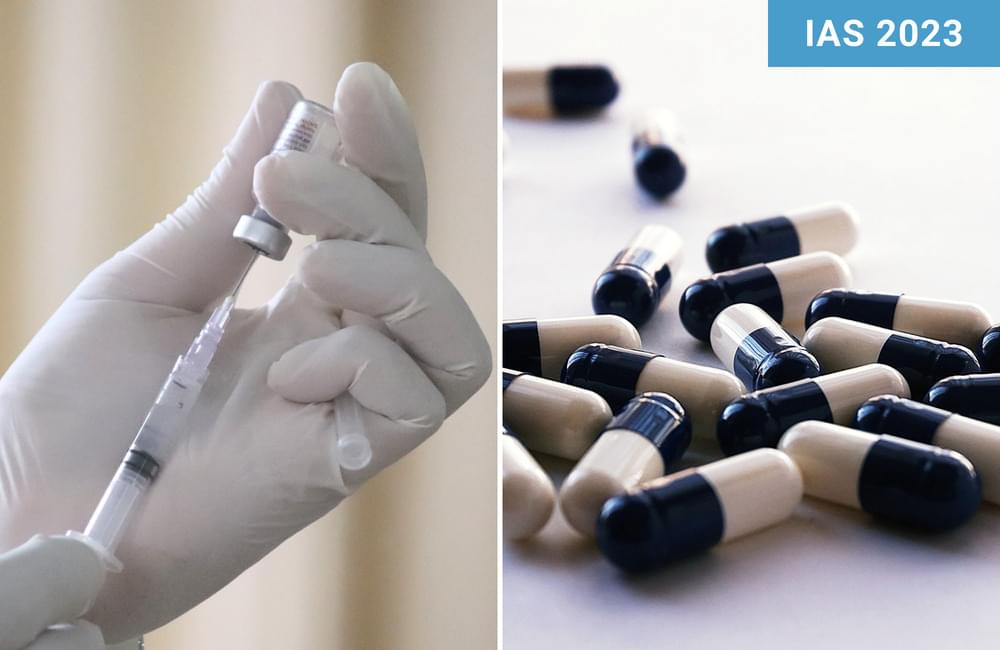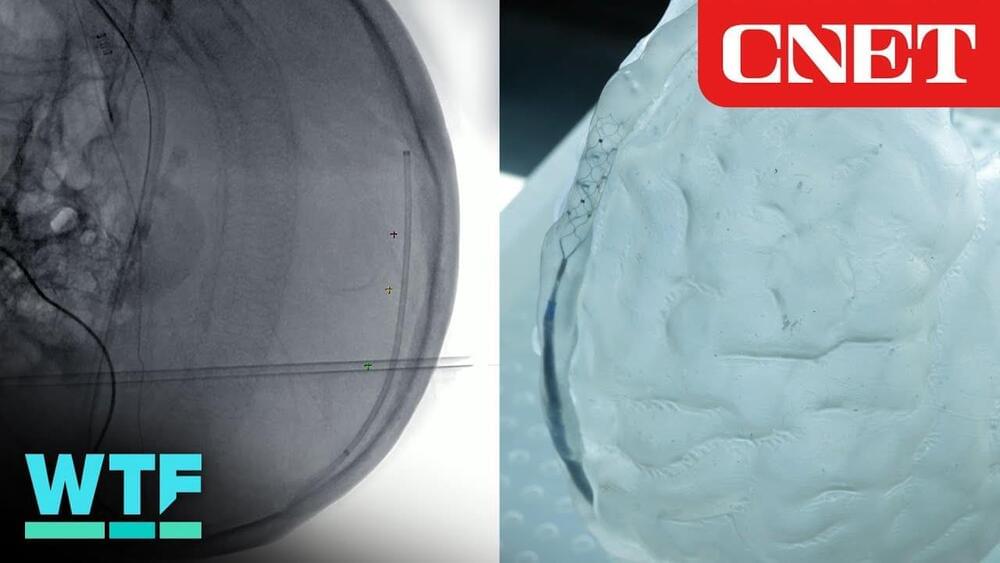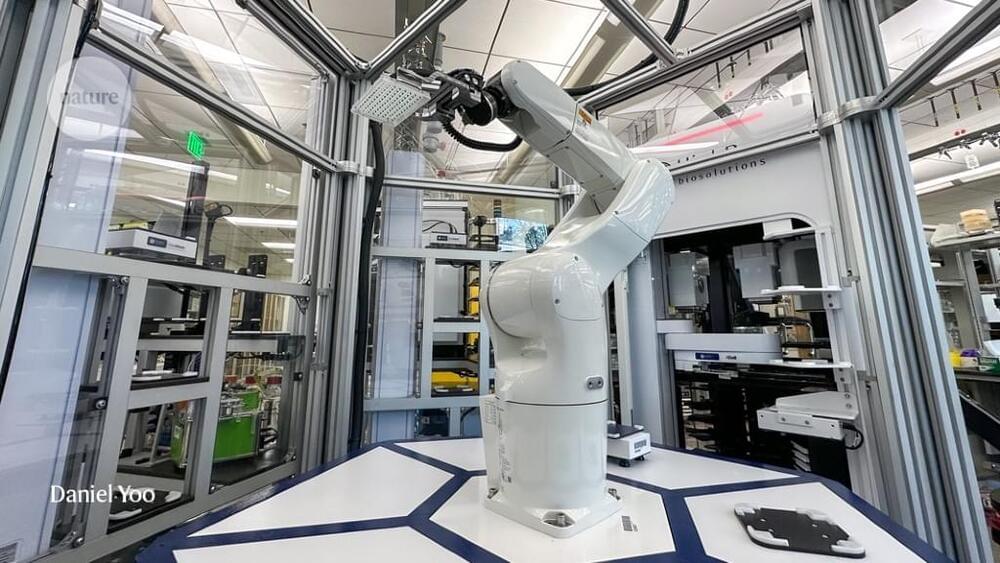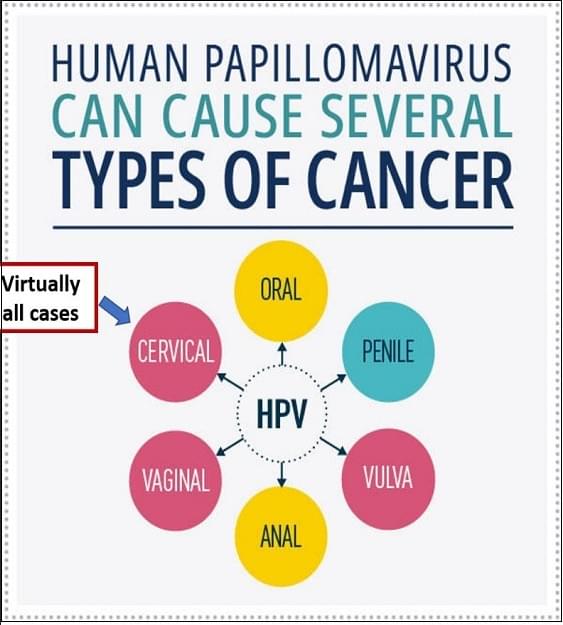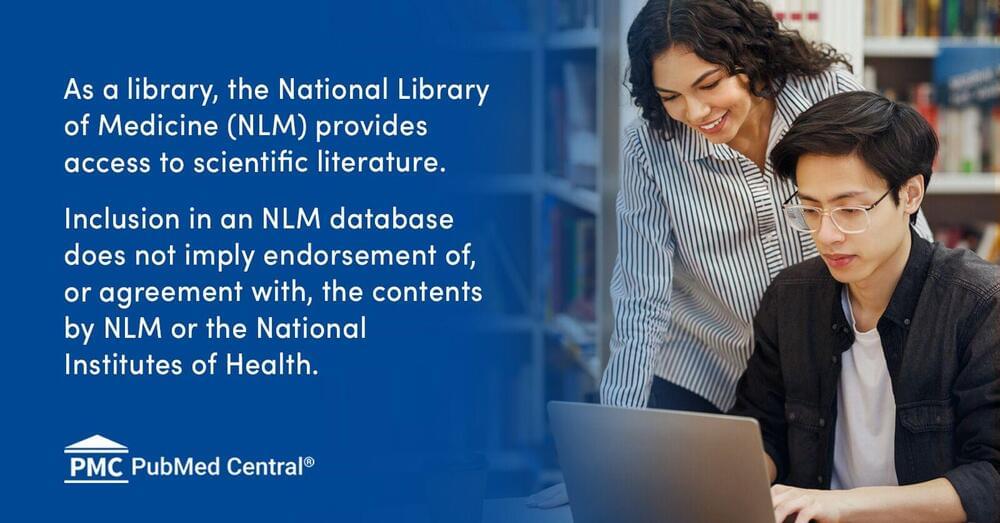
Artificial intelligence (AI) is the branch of computer science that enables machines to learn, reason, and problem solve. In recent decades, AI has been developed with the aim of improving the management of patients with brain tumours. This review article explores the role AI currently plays in managing patients undergoing brain tumour surgery, and explores how AI may impact this field in the future.
Artificial intelligence (AI) platforms have the potential to cause a paradigm shift in brain tumour surgery. Brain tumour surgery augmented with AI can result in safer and more effective treatment. In this review article, we explore the current and future role of AI in patients undergoing brain tumour surgery, including aiding diagnosis, optimising the surgical plan, providing support during the operation, and better predicting the prognosis. Finally, we discuss barriers to the successful clinical implementation, the ethical concerns, and we provide our perspective on how the field could be advanced.
Keywords: artificial intelligence, AI, neurosurgery, brain tumour, machine learning, deep learning, surgery, oncology.




